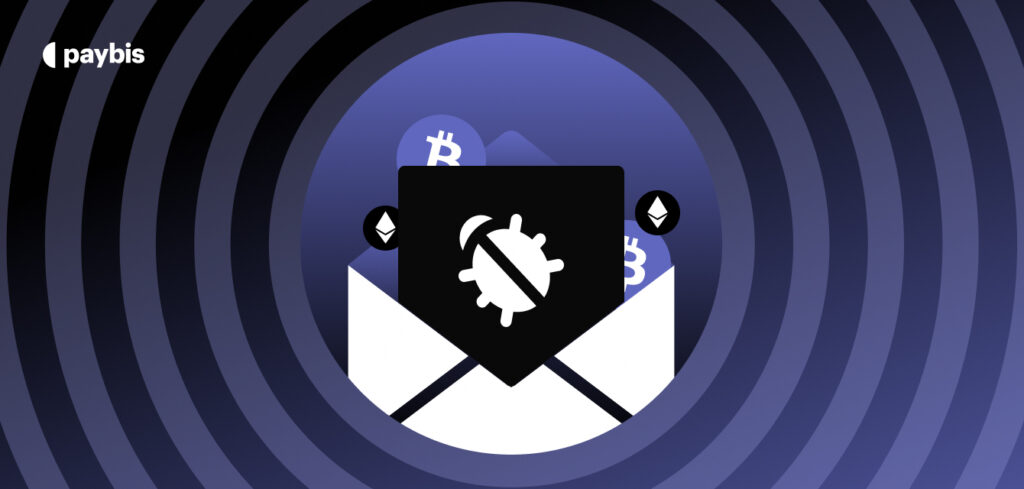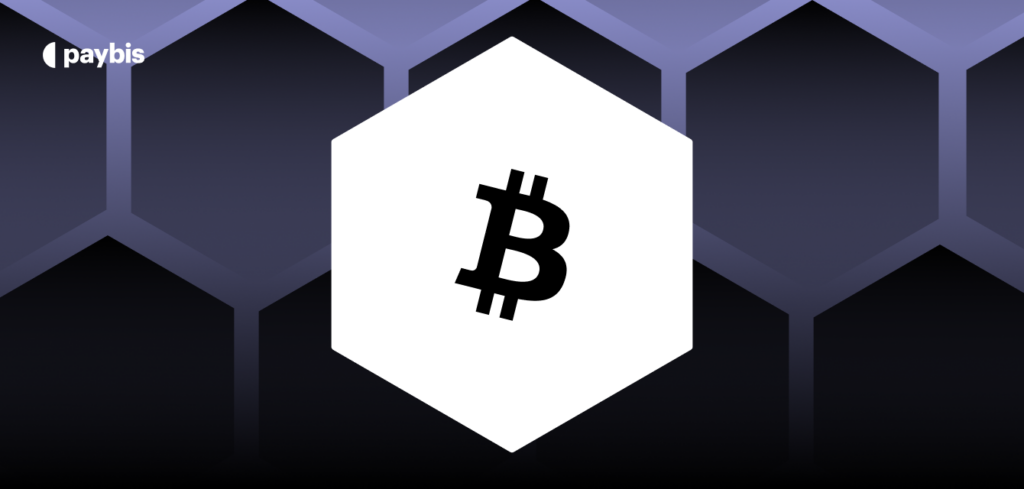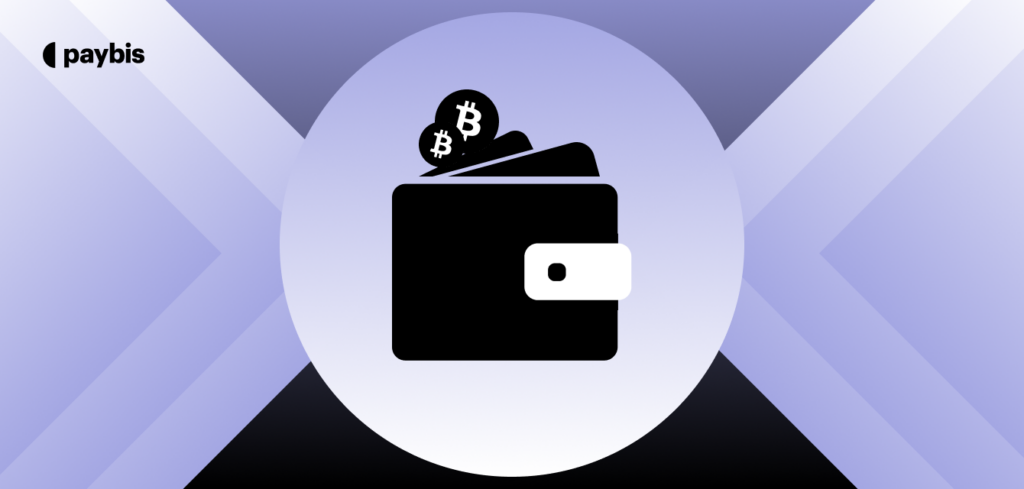Hacker
A hacker is someone who uses technical skills to gain access to computer systems, networks, or data – sometimes legally (ethical hacking) and sometimes illegally (malicious hacking).
Table of contents
What Is a Hacker?
A hacker is an individual skilled in computer systems and coding who can identify and exploit weaknesses in software, hardware, or networks. The term often brings to mind cybercriminals who break into systems without permission, but not all hackers are malicious. Some use their skills to improve security and protect users.
Types of Hackers
Hackers are often grouped by “hat” colors, which reflect their intentions:
- Black hat hackers: Criminal hackers who break into systems for financial gain, data theft, or disruption.
- White hat hackers: Also known as ethical hackers, they test systems with permission to find vulnerabilities and help fix them.
- Gray hat hackers: Operate in between; they may break into systems without permission but without malicious intent, often exposing flaws publicly.
Other types include script kiddies (inexperienced hackers using pre-made tools), hacktivists (politically motivated hackers), and state-sponsored hackers (working for governments).
How to Hire a Hacker to Recover Scammed Crypto: What You Need to Know
If you’ve lost cryptocurrency to a scam, you might see services advertising “hire a hacker to recover scammed crypto” or “crypto recovery specialists.” But most of these are secondary scams targeting you in desperate situation.
Warning signs of recovery scams:
- Upfront fees before any work is done
- Guarantees of 100% recovery (impossible to promise)
- Requests for your private keys or wallet access
- No verifiable track record or client testimonials
- Pressure to act immediately
Legitimate recovery options:
- Report to law enforcement (FBI IC3 for US residents)
- Contact the platform where the scam occurred
- Work with blockchain forensics firms with proven track records
- Consult cryptocurrency-specialized legal professionals
- Use services that only charge if recovery is successful
Remember: if someone could easily “hack back” your stolen funds, the original thieves could do the same to your recovered assets. Real recovery relies on legal channels, blockchain analysis, and cooperation with exchanges, not hacking.
Crypto Hacks 2025
In the first half of 2025, crypto hackers pulled off record-shattering heists, most notably the Bybit breach, where attackers exploited a cold wallet during a routine Ethereum transfer and stole over $1.5 billion, marking the largest crypto theft ever, with the North Korean-linked Lazarus Group suspected.
Other high-profile incidents include a politically charged attack on Iran’s largest crypto exchange, Nobitex, where hackers called Predatory Sparrow siphoned more than $90 million from user funds and publicly condemned the platform’s ties to Iran’s Revolutionary Guard.
Notable Hacker Sentences Who Turned to Crypto
Several high-profile hackers have received significant prison sentences for cryptocurrency crimes in recent years:
In 2024, Ilya Lichtenstein received a 5-year sentence for his role in laundering $4.5 billion in Bitcoin stolen from the Bitfinex exchange. His wife, Heather Morgan (known online as “Razzlekhan”), received 18 months for helping launder the proceeds.
The Twitter hacker who compromised celebrity accounts including Barack Obama and Elon Musk in 2020 received a 3-year sentence for stealing over $100,000 in Bitcoin through coordinated phishing attacks.
So cryptocurrency crimes carry serious legal consequences. Sentences range from several years to life imprisonment depending on the scale of theft and money laundering involved.
How to Protect Against Hackers in Crypto
- Use hardware wallets (cold storage) to keep your funds offline with strong cryptography.
- Enable two-factor authentication (2FA) on all exchange and wallet accounts.
- Beware of phishing attacks—avoid clicking on suspicious links or emails.
- Rely on reputable exchanges with strong security records.
- Set up multi-signature wallets for added protection on larger holdings.
- Run regular security audits if managing a platform or business.
- Support bug bounty programs to let ethical hackers find vulnerabilities.
- Keep software updated with the latest patches and security fixes.
- Monitor transactions regularly to catch suspicious activity early.
- Be skeptical of recovery services: Never give away private keys or make upfront payments.
If you’ve been scammed, report to authorities first before paying anyone claiming they can “hack back” your funds.
FAQ
How to hire a hacker to recover scammed crypto?
Don’t hire a “hacker” for crypto recovery. Most services advertising this are scams targeting desperate victims. Instead, report the theft to law enforcement (FBI’s IC3 in the US), contact the platform where it occurred, and consult with legitimate blockchain forensics companies that only charge success fees. Real recovery happens through legal channels and blockchain analysis, not hacking.
How to hire a hacker to recover stolen crypto?
Legitimate crypto recovery doesn’t involve hiring hackers. Your best options are: filing police reports, working with the exchange where funds were stolen, engaging licensed private investigators specializing in crypto, or consulting cryptocurrency attorneys. Avoid anyone promising guaranteed recovery or asking for private keys.
What happens to crypto hackers who get caught?
Crypto hackers face serious criminal charges including wire fraud, money laundering, and computer fraud. Prison sentences typically range from 3-20 years for major breaches, with additional fines often exceeding millions of dollars. The 2024 Bitfinex hacker received 5 years for laundering $4.5 billion in stolen Bitcoin.
Who was the Twitter hacker sentenced for cryptocurrency crimes?
In 2020, a teenager compromised high-profile Twitter accounts including Barack Obama and Elon Musk to promote a Bitcoin scam. The primary perpetrator received a 3-year sentence after stealing over $100,000 in Bitcoin through coordinated attacks on approximately 130 Twitter accounts.
Disclaimer: Don’t invest unless you’re prepared to lose all the money you invest. This is a high‑risk investment and you should not expect to be protected if something goes wrong. Take 2 mins to learn more at: https://go.payb.is/FCA-Info


